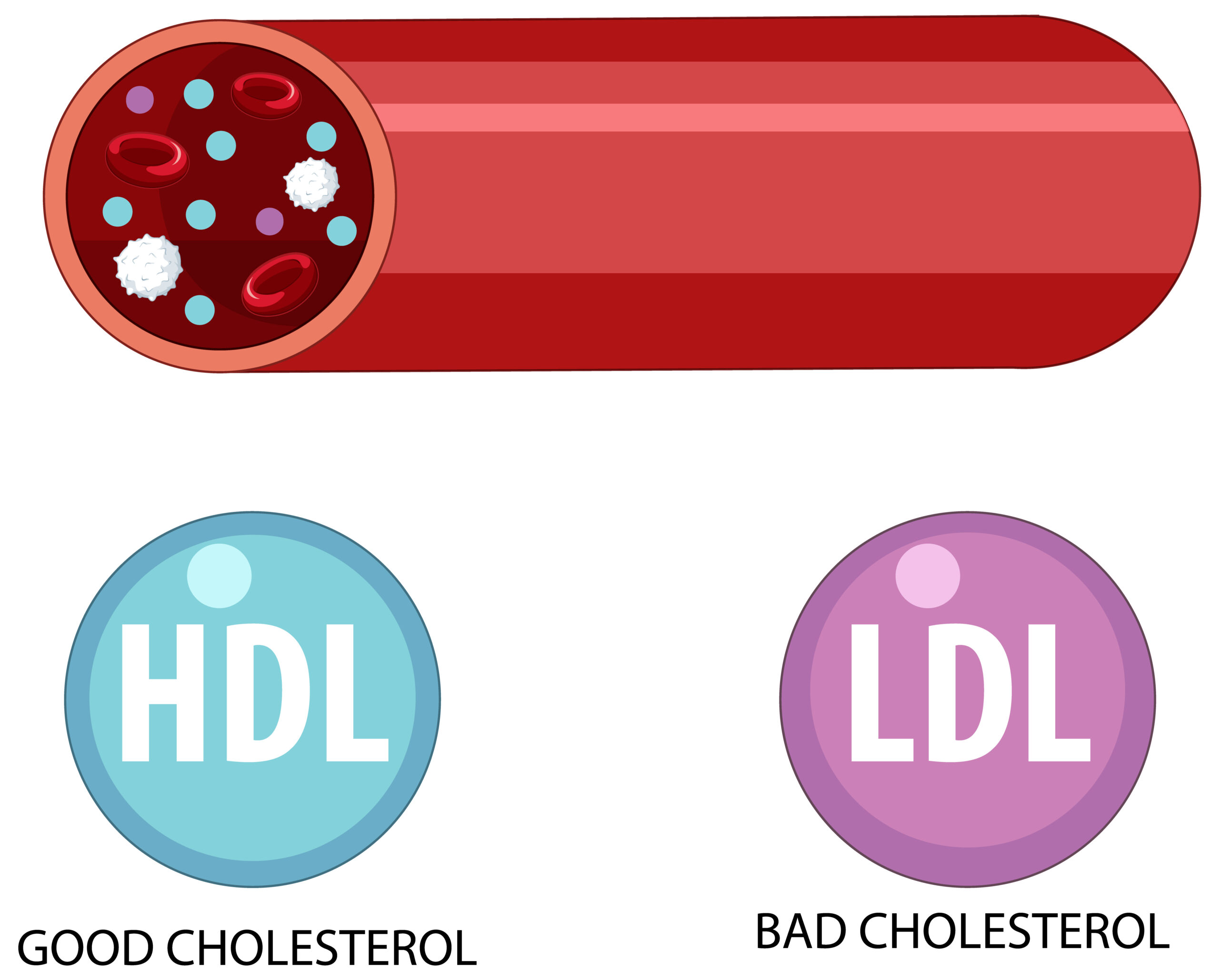Anger is a natural emotion, but when it feels uncontrollable or disproportionate to a situation, it could be linked to an underlying medical condition. It’s not uncommon to feel frustrated or irritable due to physical health problems, chronic illnesses, or mental health conditions. Understanding the connection between your medical condition and emotional well-being is the first step toward managing anger effectively. Here’s how different health conditions might be affecting your mood and what you can do to take control.
1. Chronic Pain
Living with chronic pain can significantly impact your mood, and anger is one of the most common emotional responses. Pain can lead to feelings of helplessness, frustration, and irritability, especially when it disrupts daily activities. Conditions like arthritis, fibromyalgia, or back pain can cause persistent discomfort, making it harder to maintain patience and control over emotions. In such cases, pain management strategies, including medication, physical therapy, and stress-relief techniques like meditation, can help alleviate both the physical and emotional toll of chronic pain.
2. Thyroid Disorders (Hypothyroidism and Hyperthyroidism)
Thyroid imbalances are known to affect mood and emotional health. Hypothyroidism (underactive thyroid) and hyperthyroidism (overactive thyroid) can both lead to mood swings, irritability, and even anger. When the thyroid doesn’t produce enough hormones, it can slow down bodily functions, causing fatigue, depression, and a general feeling of frustration. On the other hand, an overactive thyroid increases metabolism, which can lead to anxiety, restlessness, and even anger. Treatment for thyroid conditions, including medication to regulate hormone levels, can help stabilize emotions and improve overall well-being.
3. Mental Health Conditions
Mental health disorders such as depression, anxiety, bipolar disorder, and borderline personality disorder often cause intense emotional responses, including anger. Depression, for example, can result in irritability, while anxiety may cause frustration and anger due to constant worry. In bipolar disorder, mood swings can range from extreme happiness to intense anger. Managing these conditions typically involves a combination of therapy, medication, and lifestyle changes to improve emotional regulation and reduce anger triggers.
4. Sleep Disorders
Sleep deprivation or poor-quality sleep can lead to irritability and heightened emotional reactions, including anger. Conditions like sleep apnea, insomnia, or restless leg syndrome interfere with restorative sleep, leaving you feeling fatigued, stressed, and more prone to anger. Getting adequate rest is essential for emotional well-being, and addressing sleep disorders through treatment—such as using a CPAP machine for sleep apnea or cognitive behavioral therapy for insomnia—can help regulate emotions and improve your overall mood.

5. Hormonal Changes (Menopause, PMS, and Pregnancy)
Hormonal fluctuations during different life stages, such as menopause, premenstrual syndrome (PMS), and pregnancy, can have a profound impact on your emotions. Many women experience irritability and anger due to the hormonal changes that affect serotonin and other mood-regulating neurotransmitters. These changes are natural, but managing symptoms through lifestyle adjustments, relaxation techniques, and medical treatment, if needed, can help mitigate anger and frustration.
6. Diabetes
Unstable blood sugar levels, common in diabetes, can cause mood swings, irritability, and feelings of anger. When blood sugar drops too low (hypoglycemia) or spikes too high (hyperglycemia), it can affect your brain function and emotional state. Keeping blood sugar levels stable through proper diet, exercise, and medication can help prevent these mood swings and improve emotional regulation.
7. Cushing’s Syndrome
Cushing’s syndrome, caused by prolonged high levels of cortisol (the stress hormone), is often linked to irritability, mood swings, and anger. The condition can occur due to the overuse of corticosteroid medications or tumors affecting the adrenal glands or pituitary gland. Managing Cushing’s syndrome typically involves treating the underlying cause, such as adjusting medications or removing a tumor, which can help stabilize emotions.
8. Neurodegenerative Disorders (Alzheimer’s, Parkinson’s)
As neurodegenerative diseases like Alzheimer’s and Parkinson’s progress, they can lead to significant changes in mood and behavior, including increased irritability and aggression. These conditions affect brain function and can lead to confusion, frustration, and difficulties in communication, all of which can provoke anger. Working with healthcare providers to manage symptoms, including therapy, medications, and support systems, can help reduce anger and improve quality of life.
9. Autoimmune Disorders
Autoimmune conditions, such as lupus, rheumatoid arthritis, and multiple sclerosis, can contribute to emotional changes due to chronic inflammation and pain. The constant physical strain and uncertainty of living with these conditions can cause frustration, sadness, and anger. Effective treatment plans, including immunosuppressive medications and supportive therapies, can help manage the physical symptoms and reduce emotional distress.
10. Medications
Certain medications, including antidepressants, steroids, and blood pressure medications, can have side effects that affect mood and lead to irritability or anger. If you feel that your medication is causing emotional disturbances, speak with your doctor. They may adjust your prescription or explore alternative treatments to help you manage both the physical and emotional side effects.
Conclusion
Anger may be a natural emotion, but if it’s frequent, intense, or unmanageable, it could be a sign of an underlying medical condition. Conditions like chronic pain, thyroid disorders, sleep problems, and mental health issues can all contribute to feelings of anger and irritability. Understanding how your medical condition might be influencing your emotions is the first step in regaining control. Speak with a healthcare provider to explore potential treatments and strategies that can help you manage both your health and your emotional well-being effectively.









